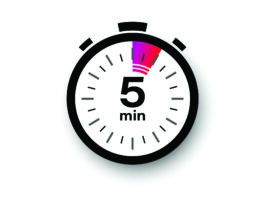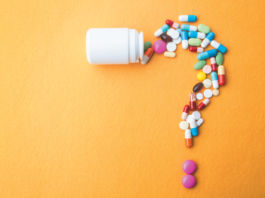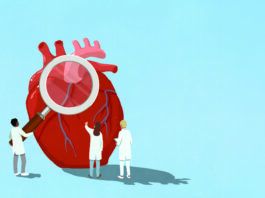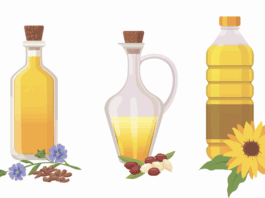A Good Nights Sleep Boosts Your Healthy Diet and Lifestyle
Getting a good nights sleep is good for more than just feeling perkier the next morning. Studies have shown that adequate sleep contributes to healthier blood pressure, cholesterol and triglyceride levels. On the other hand, people who fall short in sleep hours are more likely to be overweight or obese and to be diagnosed with hypertension.
FDA Cracks Down on Diabetes Scams
The US Food and Drug Administration is cracking down on 15 companies trying to cash
Imported Salsas High in Lead
There may be more than a fiery kick in that imported salsa.
Do Consumers Really Want Menu Info?
Advocates of health-conscious menu labeling have their work cut out for
Updating the Salt Controversy
If you studied the headlines this spring about the latest report on dietary sodium and concluded you could stop worrying and maybe have an extra bag of chips, think again. True, thats certainly how most of the news coverage of the report from the prestigious Institute of Medicine (IOM) read: No Benefit Seen in Sharp Limits on Salt in Diet, headlined the New York Times. Report questions reducing salt intake too dramatically was the take in USA Today. And CNN announced, Report questions benefits of salt reduction.
Evidence Mounts for Heart Benefits of Alcohol
Alarge new Spanish study has found that men who drink alcohol in almost any quantity are nearly one-third less likely to develop coronary heart disease (CHD). The results are also among the first to separate former drinkers from nondrinkers, thereby avoiding what skeptics of previous research dubbed the sick quitters error.
Dont Jump to Conclusions on Multivitamin Heart-Attack Protection
I f you saw the headlines about a recent study-Multivitamins Shield from Heart Attack, Multivitamins Keep Heart Attack at Bay-you may be tempted to join the estimated 75 million Americans who take a daily multivitamin. But not so fast. Even the lead researcher on the new study, Susanne Rautiainen, MSc, of Swedens Karolinska Institute, cautions, The question of whether multivitamins are good for you still remains.
Omega-3s vs. Gum Disease
The omega-3 fatty acids from fsh oil that protect your heart might also be good for your teeth and gums. A new study reports that relatively modest amounts of omega-3s in the diet were associated with signifcant decreases in risk of periodontitis (gum disease). Re- searchers looked at data on more than 9,000 US adults from national nutrition surveys. People consuming the most DHA, one of the principle omega-3 fatty acids found in fsh, were 22% less likely to suffer periodontitis. EPA, the other important fsh-oil omega-3, and linolenic acid, found in vegetable oils, were also associated with lower risk, but not as strongly. Although the study cant prove cause and effect, its possible that omega-3s might suppress the infammatory response that leads to gum disease. Such a dietary therapy, researchers said, might be a less expen- sive and safer method for the prevention and treatment of periodontitis.
Red Yeast Rice: Buyer Beware
Laboratory tests have revealed strik- ing variability in the active ingredi- ents in Chinese red yeast rice, a supple- ment touted as an alternative to statin drugs for improving cholesterol. Among 12 popular brands, levels of monacolin, which is related to the prescription cho- lesterol medication lovastatin, ranged from 0.31 mg to 11.15 mg per capsule. The type of monacolin (K) thats most similar to lovastatin varied from 0.10 mg to 10.09 mg per pill. Four samples also contained citrinin, which can dam- age the kidneys. Researchers noted that, as a dietary supplement rather than a drug, red yeast rice is largely unregulated and lacks the quality controls of pre- scription medications. Therefore, physi- cians should be cautious in recommend- ing red yeast rice to their patients. Long used in China, red yeast rice has recently soared in sales in the US, up 80% from 2005 to 2008.
Alpha-Carotene Linked to Lower Mortality Rates
A lpha-carotene, the often-overlooked cousin of more familiar beta-caro- tene, may help you live longer-and further explain the health benefts of eating vegetables and fruits. Researchers at the CDC, studying data on more than 15,000 adults from a national nutrition survey, report that people with the highest blood levels of alpha-carotene were 39% less likely to die from all causes over almost 14 years.



























